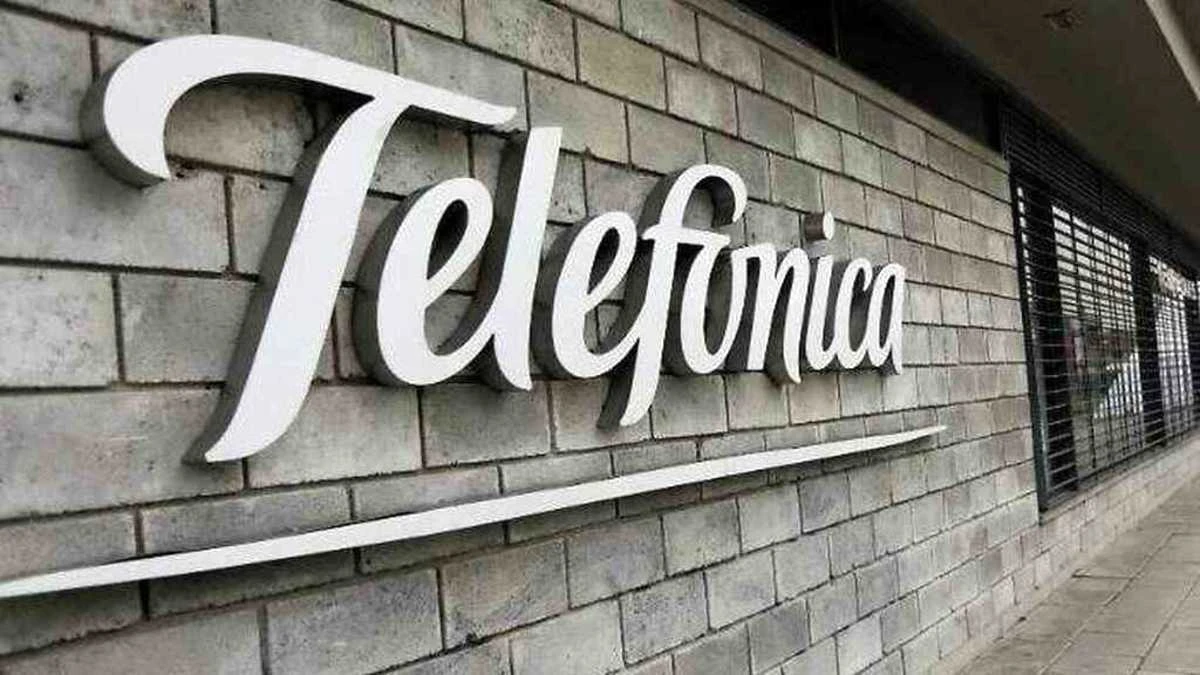Telefónica has teamed up with Chainlink Labs to leverage Chainlink Functions, for securely connecting any API on GSMA Open Gateway to Polygon’s PoS blockchain network.
This interconnected ecosystem enhances the functionality and security of Web3 applications, contributing to a more robust and verifiable digital landscape.
The Web3 ecosystem has undergone significant transformations in recent years, driven by technological advancements and unforeseen challenges. In this ever-evolving landscape, where security is crucial, developers seek efficient tools to navigate these complexities successfully.
Within Web3, oracles play a vital role as infrastructure that connects blockchain-based smart contracts to real-world data, ensuring the reliability and accuracy crucial for automated decision-making. In the context of Web3 products and services, oracles are indispensable for the functionality and security of smart contracts, enabling them to operate with precise and up-to-date information.
GSMA Open Gateway, a global telecoms industry initiative led by the GSMA, has introduced a suite of standardized Telco APIs that bring pioneering Telco capabilities to the Web3 ecosystem. This initiative empowers businesses to efficiently address various challenges within the Web3 space, providing solutions for current use cases such as such as fraud prevention, secure account creation, among others.
Enhancing Security with GSMA Open Gateway SIM SWAP API and Chainlink
In this landmark integration, the first GSMA Open Gateway API, SIM SWAP—introduced in Brazil by the carrier Vivo (Telefónica Brazil)—is leveraging Chainlink Functions as part of an evolutionary roadmap..
Telefónica Open Gateway and Chainlink significantly elevate smart contract security. This integration enables the verification of data from various sources by using Chainlink Functions with GSMA’s Open Gateway SIM SWAP API. This integration not only enhances transaction security but also introduces an extra layer of security to blockchain transactions by enabling smart contracts to now make information requests to the API, ensuring that a device’s SIM card has not undergone any unauthorized changes.
Using the GSMA Open Gateway API via Chainlink also mitigates risk beyond transaction security, addressing two-factor authentication (2FA) and fraud detection in Web3 dApps and DeFi services.
Empowering Web3 Developers with Chainlink Functions
As the Web3 ecosystem expands, Telefónica Open Gateway and Chainlink play a pivotal role in empowering developers. By leveraging standardized Telco APIs and the industry-standard computation platform of Chainlink Functions, developers can enhance the Web3 ecosystem with greater connectivity and new intelligent layers of authentication and verification.
Chainlink Functions is a serverless Web3 developer platform for fetching data from any real-world APIs, ranging from public or password-protected APIs to IoT devices and enterprise systems, and running custom compute to transform that data using Chainlink’s highly secure, decentralized, and reliable network, then deliver the results back to smart contracts.
Johann Eid, Chief Business Officer, Chainlink Labs, comments:
“Our collaboration with Telefónica on the OpenGateway initiative extends the ways in which the industry-standard Chainlink platform underpins security across the blockchain ecosystem. Bringing Telefónica’s OpenGateway APIs onchain with Chainlink Functions unlocks novel use cases and greater security for our industry that ultimately better protect users and their assets. We’re excited to bring Chainlink and major telecoms like Telefónica together to further the vision of a verifiable web where users remain in control”.
Yaiza Rubio, Chief Metaverse Officer at Telefónica, added:
“Telefónica is delighted to strengthen our relationship with industry leader Chainlink and to present the first use case of the GSMA Open Gateway SIM Swap API, which positions us as a Web3 enabler and will allow us to accompany developers towards the web of the future.”



